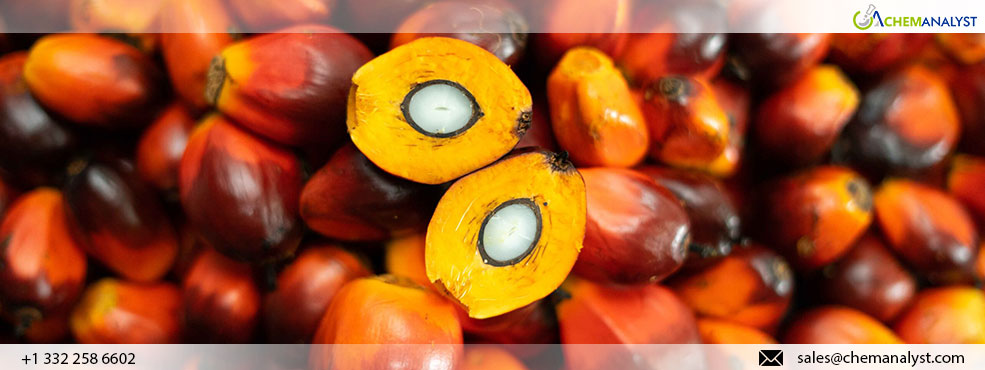Welcome To ChemAnalyst

Indonesia, the world’s largest exporter of palm oil, is planning to reduce the export levy rates on this essential tropical oil. This move aims to enhance Indonesia’s competitive edge against other vegetable oils and to increase the income of local farmers, a government official announced on Wednesday, as per several media report. Historically, palm oil has been the least expensive option among vegetable oils. However, in recent months, it has struggled to maintain its price advantage over soybean oil and sunflower oil, largely due to an oversupply situation. This shift has resulted in decreased demand from key buyers, such as India and China.
The government’s decision to lower the export levy is driven by a desire to reinstate palm oil’s competitive pricing and improve the economic situation of smallholder farmers. These farmers frequently express concerns that high export taxes force exporters to lower the purchase prices they offer for palm fruits. This, in turn, adversely affects their income. By adjusting the export levy, the government hopes to enhance the welfare of these smallholders and make Indonesian palm oil more competitive in the global market.
Currently, Indonesia imposes an export levy ranging from $55 to $240 per metric ton of crude palm oil. This levy is in addition to a separate export tax and varies based on global palm oil prices. The levy system is structured into 17 brackets. The lowest rate is applied when the price of palm oil is below $680 per ton, while the highest rate applies when prices exceed $1,430 per ton. This tiered system aims to adjust the levy in response to fluctuations in global palm oil prices, but it has also contributed to the financial strain on exporters and farmers.
The funds collected from these levies are allocated to various government programs, including a replanting scheme for smallholders and a biodiesel blending mandate, which are intended to support the palm oil industry’s sustainability and growth. Despite these initiatives, Indonesia has faced challenges in maintaining export volumes. Data from GAPKI, the country’s largest palm oil producers' association, reveals that palm oil exports in the first half of this year totaled 15.07 million metric tons. This figure represents a 7.65% decrease compared to the same period last year, reflecting the impact of reduced global demand and competitive pressures.
The planned reduction in export levies is expected to address these issues by making Indonesian palm oil more attractive to international buyers and improving the financial conditions for local farmers. The government’s strategy underscores its commitment to supporting the palm oil industry while navigating the complex dynamics of global vegetable oil markets.
We use cookies to deliver the best possible experience on our website. To learn more, visit our Privacy Policy. By continuing to use this site or by closing this box, you consent to our use of cookies. More info.
